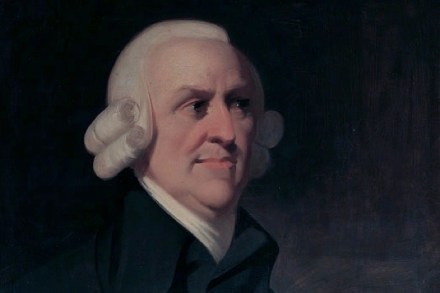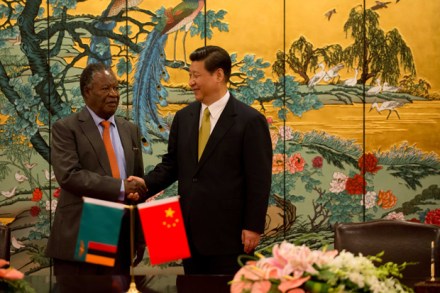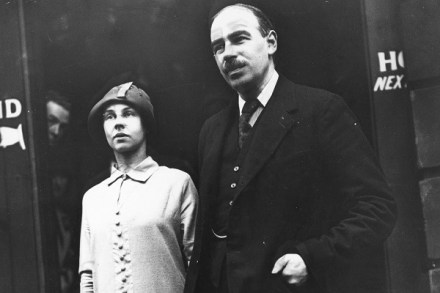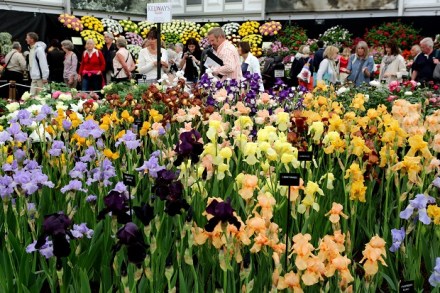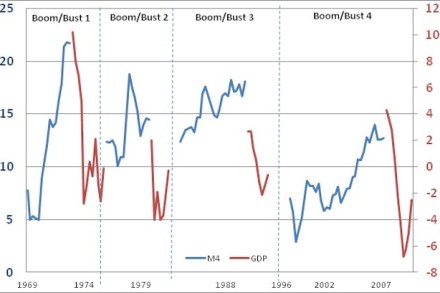S&M&B&Q: Why aren’t there sex-and-shopping novels for men?
I never got beyond page 20 in Fifty Shades of Grey. No one got shot in the first chapter, and there were more than four characters, so I rapidly found the plot confusing. In any case, I am averse to physical pain in any form (if I were to engage in BDSM activities, my secret codeword would be ‘ouch’) so it wasn’t really my thing. But the book does leave us with one literary Everest still to be conquered: if someone can write a pornographic novel for women, is there a similar fortune to be made writing a sex-and-shopping book for men? So that’s my plan for retirement. To write







